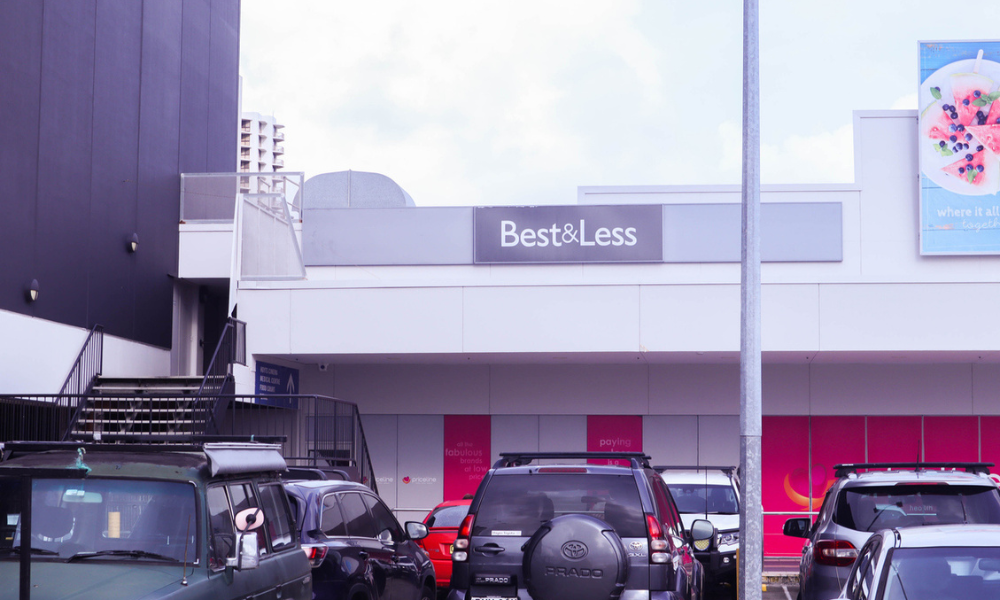Employer's failure to provide private space for breastfeeding was discriminatory

Breastfeeding is a protected attribute under federal anti-discrimination laws and throughout the majority of Australia’s States and Territories.
The ACT Civil and Administrative Tribunal (ACAT) recently delivered what appears to be the first reported Australian workplace anti-discrimination decision related to mothers breastfeeding at work, in Complainant 202258 v. Southern Restaurants (Vic) Pty Ltd, [2023] ACAT 57.
ACAT determined that employers must make arrangements to accommodate the breastfeeding needs of their employees to ensure that they do not suffer disadvantage. This duty extends to making alterations to workplace policies as well as the operational aspects and physical layout of the workplace.
Unlawful discrimination
Anti-discrimination laws in Australia, such as Queensland’s Anti-Discrimination Act 1991, prohibit discrimination on the basis of protected attributes, such as age and race. The various grounds of discrimination are prohibited in certain types of activities, such as work-related areas and education. Direct discrimination occurs where a person with a protected attribute is treated less favourably because of that characteristic - for instance, an employer refusing to hire someone on the basis of their ethnicity.
By contrast, indirect discrimination occurs in the workplace when an employer implements an unreasonable rule or policy that is the same for everyone but has an unfair effect on people with a protected attribute. For instance, if an employer had a policy prohibiting employees from wearing headgear, this may indirectly discriminate against people from certain religious backgrounds.
There is a further requirement for the rule or policy to be unreasonable, which is often determined by reference to the extent and consequences of that policy, the costs of alternatives, and the financial circumstances.
Case study involving breastfeeding
In what appears to be the first case on this topic - [2023] ACAT 57 - the applicant was employed as a KFC store manager for three years. The Applicant returned to work in early 2022 following a period of parental leave and had previously indicated to her employer that she would be required to express breastfeed (expressing breast milk to be stored) throughout the day. The applicant specifically requested a private room and refrigeration. The applicant was told by the respondent, Southern Restaurants (Vic) Pty Ltd, that it could not provide a private room due to the impracticality and cost.
The applicant highlighted that other local KFC restaurants had rooms that could provide ample privacy, indicating that the request was feasible. The respondent did not alter the layout of the store and chose not to transfer the applicant to a nearby store with a private room. The applicant, in turn, requested that she be allowed to use the private rooms in a nearby shopping centre on her scheduled breaks.
However, KFC had a policy that required a manager with work health and safety training to always be present on-site. As she was frequently the only manager present during her shifts, the applicant was told that she was not allowed to leave the premises on her scheduled breaks. The respondent agreed to supply a foldable tent and chair in the store for the applicant to express within. The applicant complained that the conditions were not private and too confined, causing her discomfort and embarrassment. In response to these conditions, the applicant would frequently wait for another manager with work health and safety training to arrive. The delay in express breastfeeding caused the applicant significant physical discomfort. The respondent lodged a complaint with the ACT Human Rights commission and later resigned from her employment on 8 November 2022.
It was held that the respondent imposed a workplace policy that required managers to remain on-site during their lunchbreaks. ACAT determined that this policy disadvantaged breastfeeding persons because the conditions in the tent were unsuitable for use. Therefore, the applicant was forced to remain on-site until another manager arrived, causing her physical pain. Arguments that alternative arrangements, such as different rostering schedules, imposed excessive burdens on the Respondent were rejected.
ACAT determined that the respondent imposed a condition on employment that adversely affected people who breastfeed. As the condition was not reasonable in the circumstances, the respondent contravened the unlawful discrimination provisions in the Anti-Discrimination Act 1991. This case highlights the fact that employers must be willing to adjust the physical layout and operational aspects of a workplace to accommodate the breastfeeding needs of their employees.
Employers are required to make adjustments for employees with breastfeeding needs to avoid contraventions of anti-discrimination laws. The preeminent case indicates that employers should be prepared to allow time for employees to express as well as make physical and operational adjustments to the workplace. Although this case represents one of the only reported cases in an Australia jurisdiction, it remains to be seen whether this principle will be upheld in higher courts.
Jonathon Hadley is a partner at Gadens in Brisbane.








